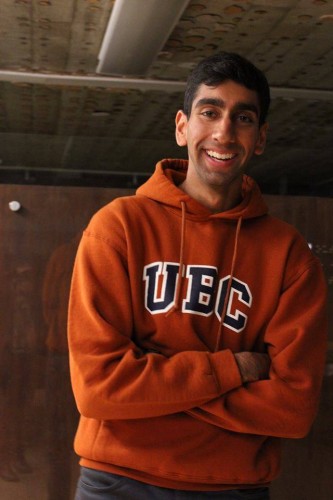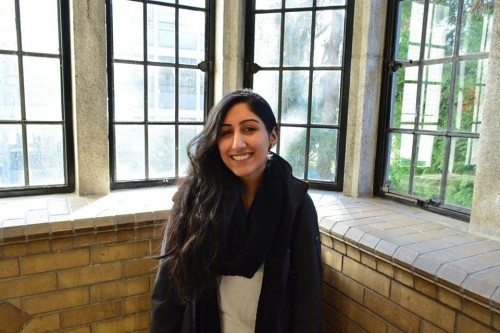Post by Rachel Lee, Equity Ambassador and 3rd-year Sociology Student
At the start of a new year, everyone has something to look forward to…seeing your friends on campus, summer break, that concert you’ve been waiting forever for. Well here’s something to get excited about in March!
The UBC Equity Ambassadors are planning InterculturalU in celebration of the International Day to End Racial Discrimination, an event promoting intercultural understanding through your artwork!
Going beyond multiculturalism (i.e. co-existing different cultures), intercultural understanding focuses on making connections with, and increasing our knowledge of, each other’s cultures. In the past, InterculturalU included pecha kucha, roundtables, or panel discussions. This year, we hope to present an evening of art and awareness promoting understanding between the rich variety of cultures that every student brings to our campus. And we need your art to help make this possible!
Are you an artist in the broadest, most imaginative sense?
Are you passionate about ending discrimination and celebrating diversity using your art?
Complete an online submission form to showcase your artwork. The online submission process will close on January 19th, 2015.
Here are just few of the possible mediums that your art could be: song, dance, drumming, photography, painting, sculpture, slam poetry, improv, stand-up comedy.
We look forward to all your submissions! If you have any questions please contact us at equity.ambassadors@ubc.ca.
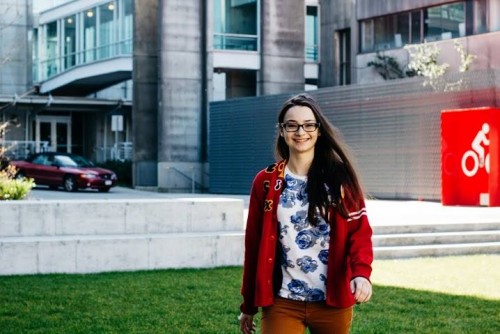

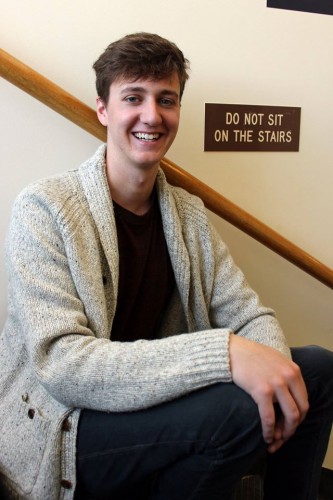 Brook: First of all this is Brook without an E. Adding an E is a major pet peeve of mine.
Brook: First of all this is Brook without an E. Adding an E is a major pet peeve of mine.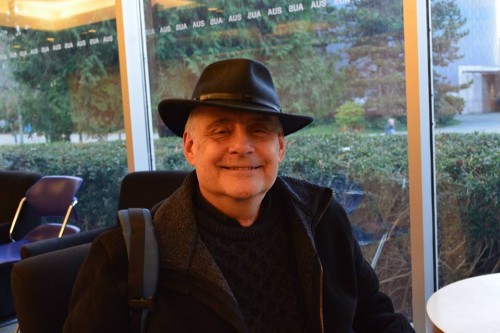 People that have interacted with me in different times call me different names. When I was young boy, people called me ‘Bobby.’ These people are mostly dead now though. *laughs* Then people started calling me ‘Bob’ in my early teens. The only time I was called ‘Robert’ was when I knew I was in for some shit. But other than that, it was a traditional thing to call me ‘Bob.’
People that have interacted with me in different times call me different names. When I was young boy, people called me ‘Bobby.’ These people are mostly dead now though. *laughs* Then people started calling me ‘Bob’ in my early teens. The only time I was called ‘Robert’ was when I knew I was in for some shit. But other than that, it was a traditional thing to call me ‘Bob.’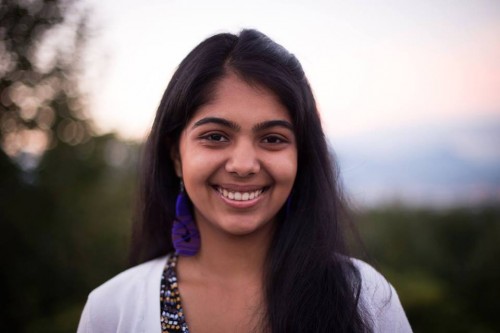
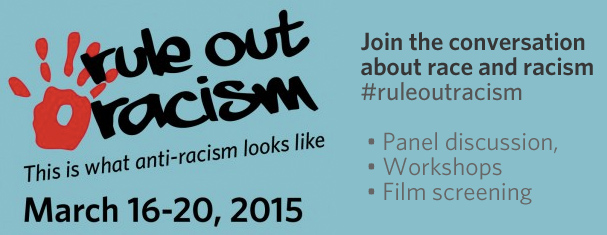 Rule Out Racism is a week-long series of events that focuses on the need for greater literacy and conversation about race and racism within the UBC community in Okanagan and Vancouver. This year’s theme is “this is what anti-racism looks like,” and all events are from March 16-20. There are a wide range of events, from workshops, to panel discussions, to film screenings.
Rule Out Racism is a week-long series of events that focuses on the need for greater literacy and conversation about race and racism within the UBC community in Okanagan and Vancouver. This year’s theme is “this is what anti-racism looks like,” and all events are from March 16-20. There are a wide range of events, from workshops, to panel discussions, to film screenings.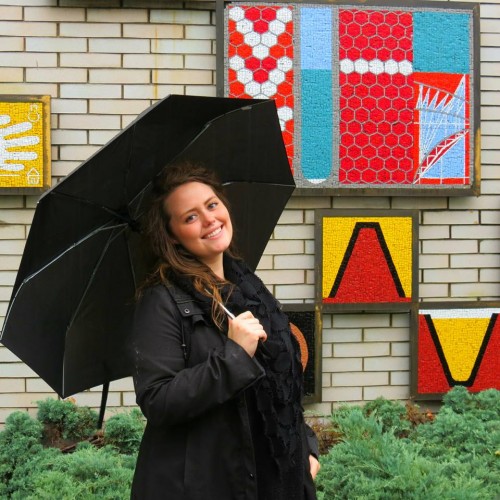
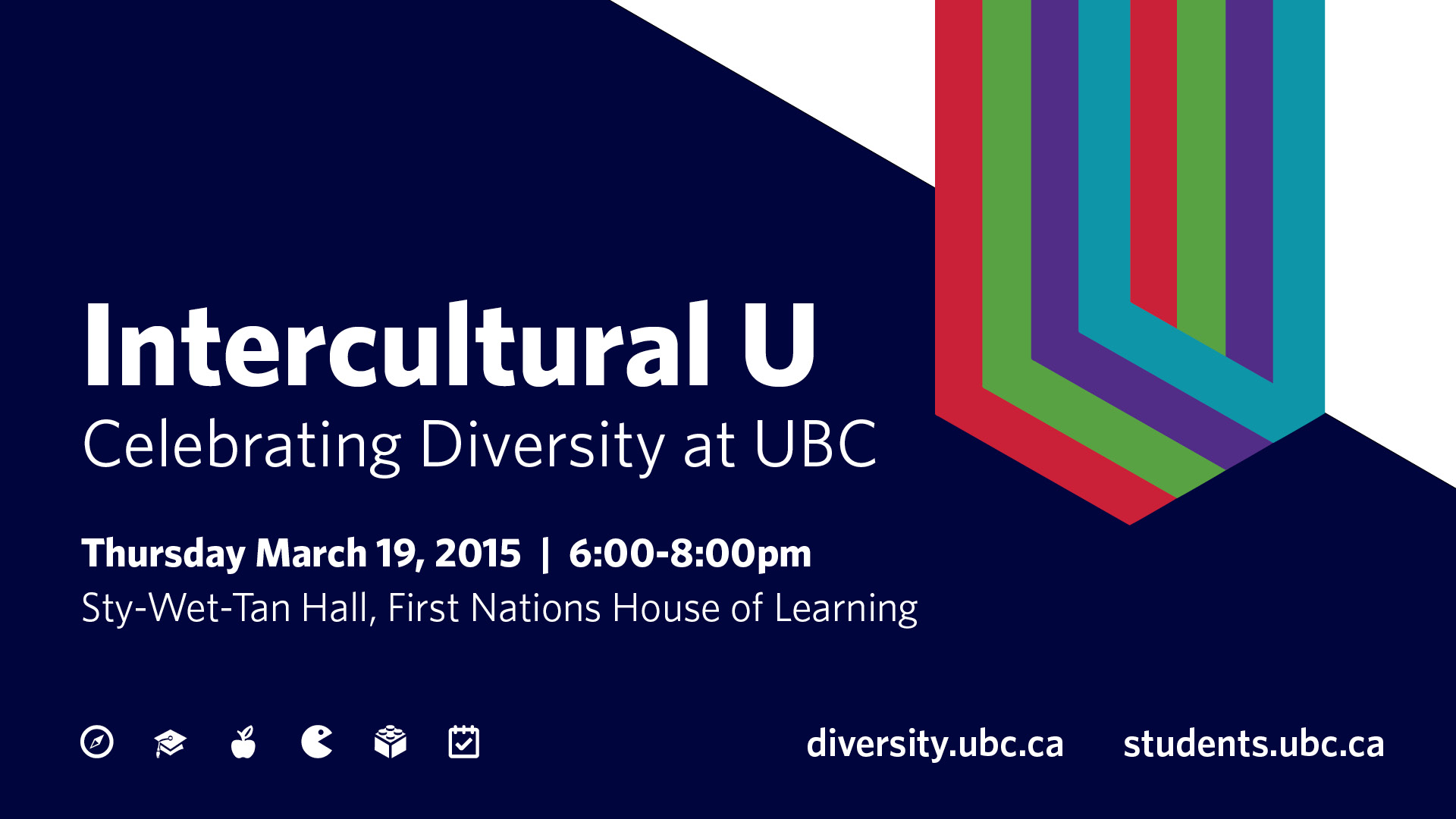 Post by Amanda Chiu and Melody Cheung, Equity Ambassadors
Post by Amanda Chiu and Melody Cheung, Equity Ambassadors